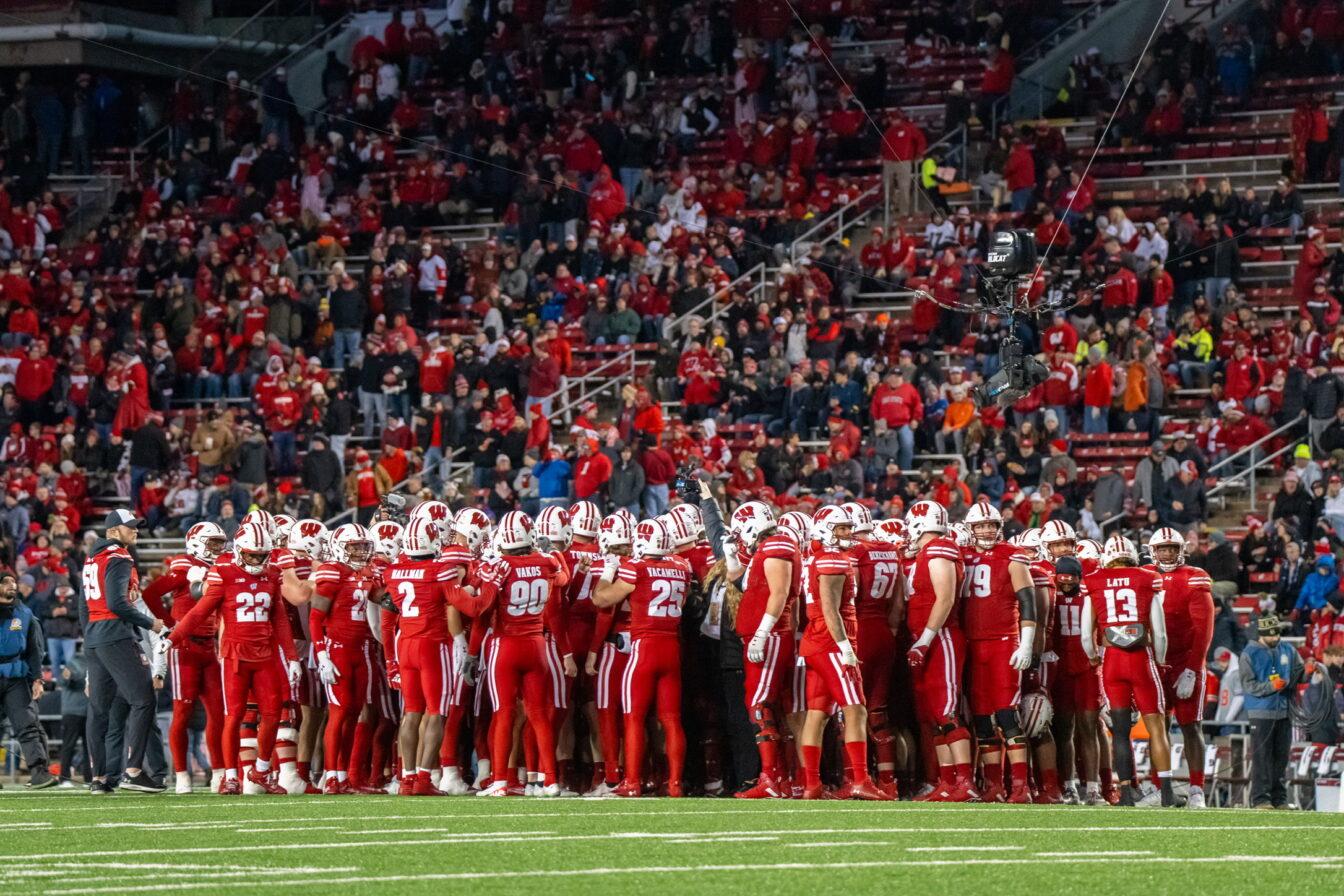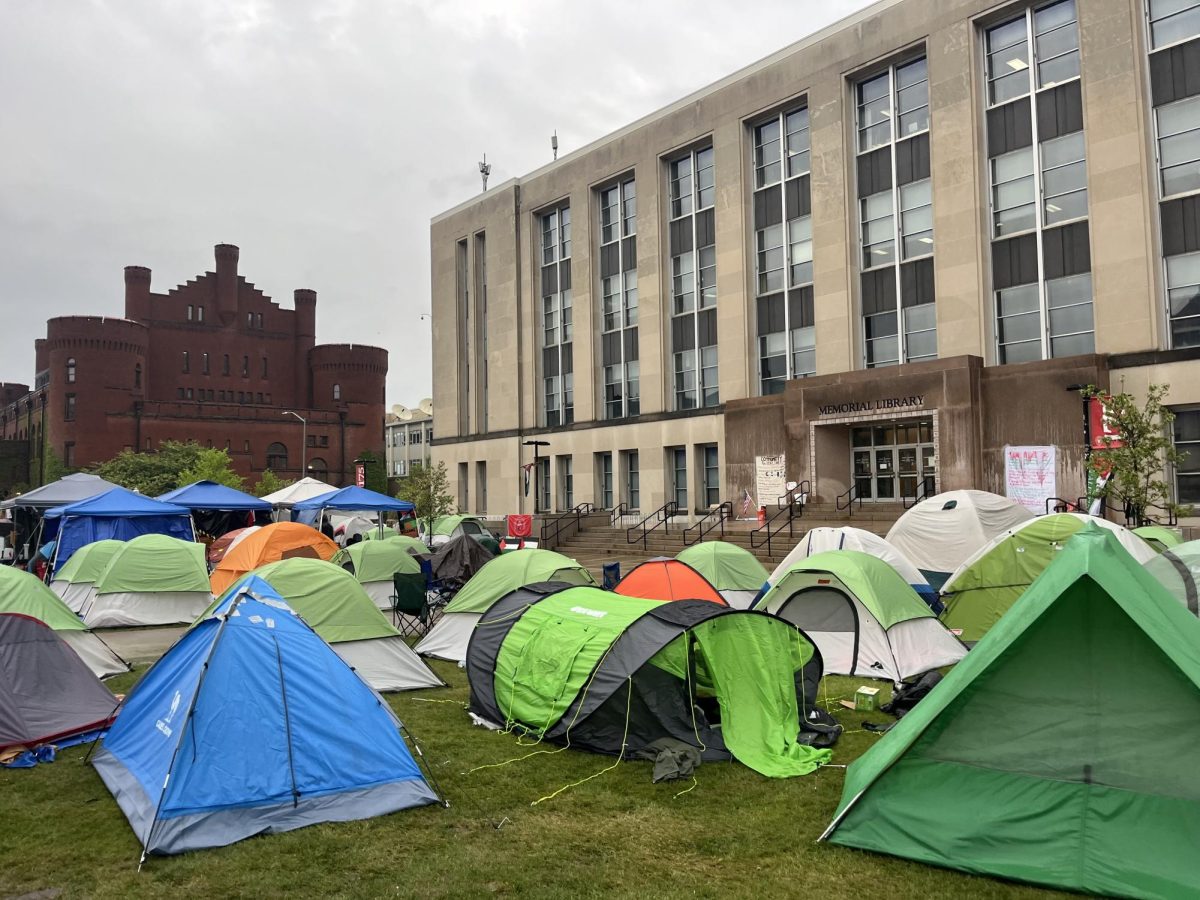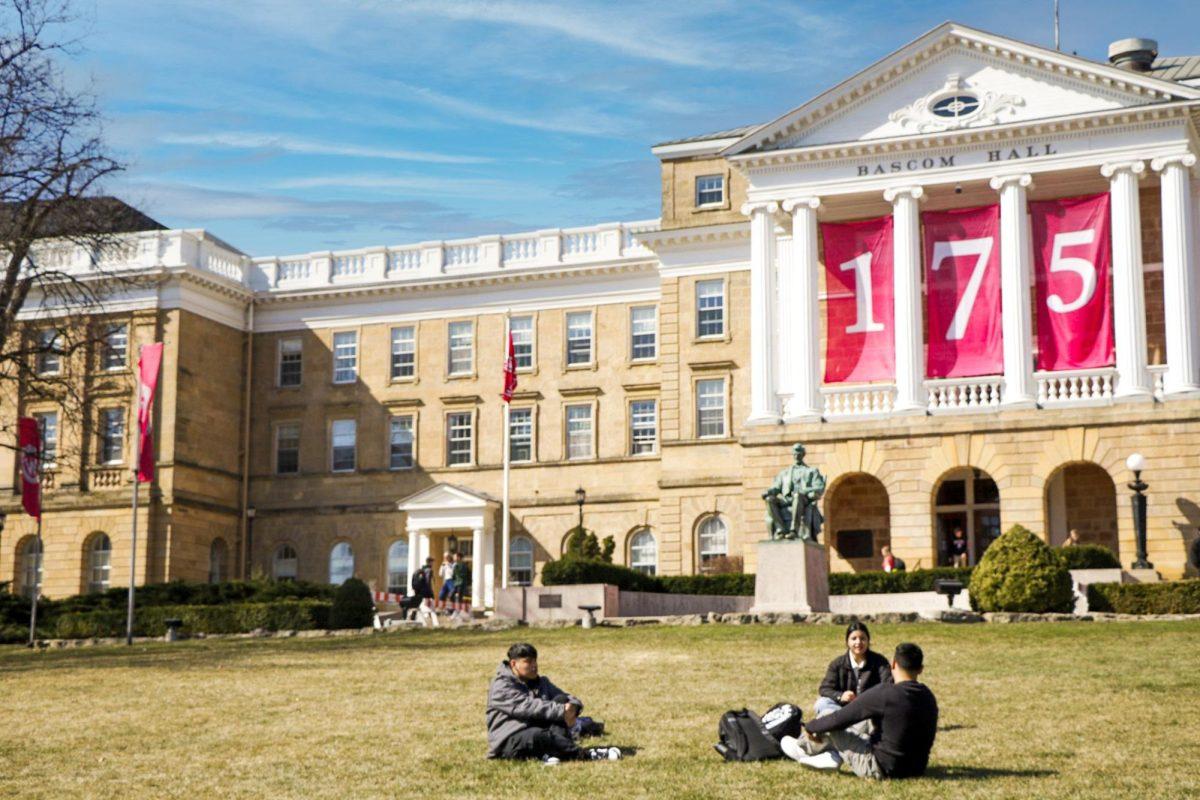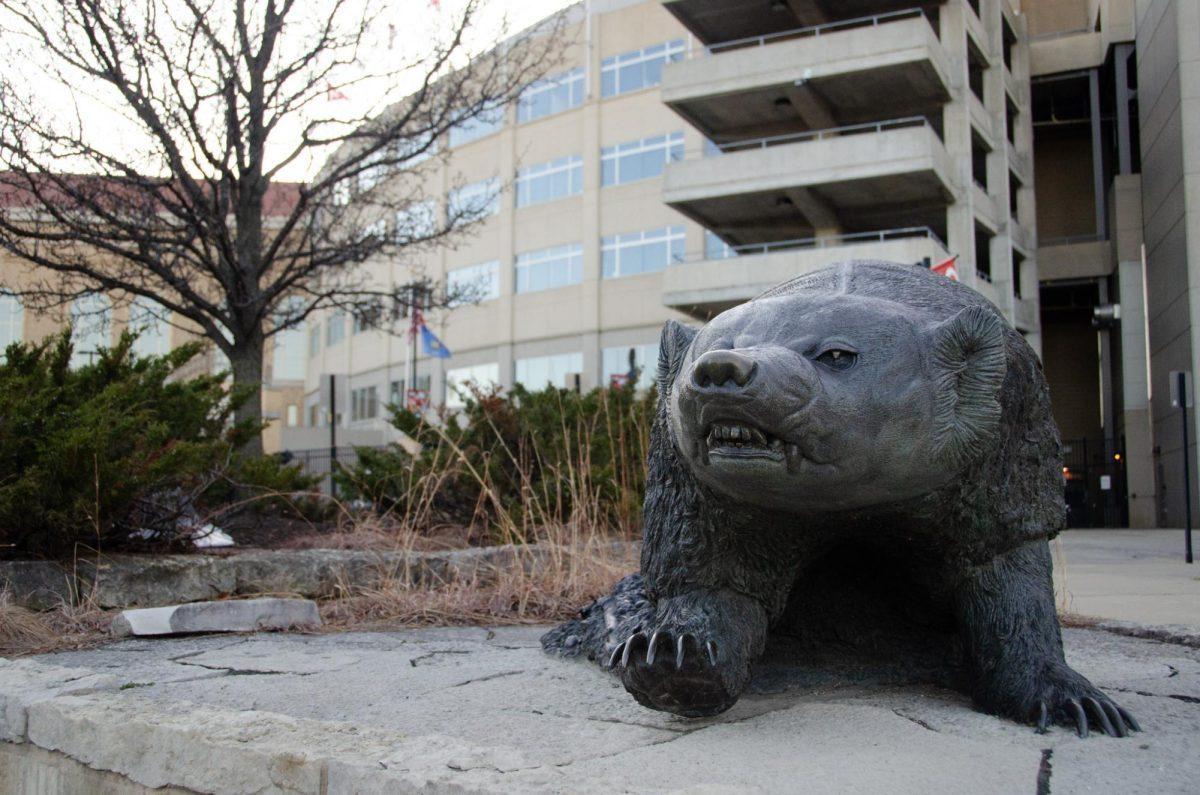When a noose appeared on the office door of a black professor at Columbia University’s Teachers College this October, students and professors were outraged at the blatant act of racism.
The professor, Madonna Constantine, who specializes in multiculturalism, became the victim of a bias crime — a crime the University of Wisconsin Police Department defines as “bias or hatred of the victim based on the offender’s belief or perception of the victim’s race, religion, ethnic or national origin, gender, age, disability, or sexual orientation.”
Following this event, less than a month later the same college was faced with another act of bias crime, this time targeting a Jewish professor, when a swastika was found spray-painted on the professor’s door.
Elizabeth Midlarsky, a Teachers College faculty member, also received anti-Semitic mail throughout much of October finally escalating to a full-out attack.
Columbia Teachers College President Susan Furman responded to these bias crimes, saying in a statement these were attacks on the foundations of the college.
“[Midlarsky], who has explored issues of heroism during the Holocaust, was the focus of such vitriolic anti-Semitism, just as professor Madonna Constantine, whose scholarship seeks to promote racial tolerance and understanding, was targeted by the hanging of the noose,” Furman said in statement.
Furman said these attacks confirm their belief that the Teachers College is under assault, because the school is a center of multicultural work.
Similarly, at George Washington University, spokesperson Tracy Schario said a GW student this November was charged with writing racial epithets, hateful words and drawing swastikas on doors in the university residence halls, in addition to two earlier incidents involving the drawing of swastikas.
Director for Diversity Programs for University Housing Magpie Martinez said UW is not immune from these incidents occurring at other universities, and added for the fall 2007 semester one or two bias incidents have been reported in almost every residence hall — including a swastika that appeared in Ogg Hall.
According to Eric Trekell, director of UW’s Lesbian, Gay, Bisexual and Transgender Campus Center, a transgender individual was murdered in Madison over the last year.
“I think some of it has to do with students who have never been told, ‘Don’t talk this way or do these things,'” Martinez said. “We try to come up with proactive ways to report the information and leave it in the affected students’ hands of how they would like the incident to be addressed.”
What is a bias crime? What constitutes a hate crime?
According to the definition presented by UWPD, a bias crime is a crime motivated by the hatred of a victim’s identity.
UWPD said the crime occurs when the perpetrator engages in criminal behavior of acts against an individual, property, organization or group.
UWPD Lt. Eric Hanson said bias crimes typically range from vandalism of buildings or sites — including graffiti — to physical attacks against individuals.
However, Hanson said when a bias crime turns violent and an individual is charged for committing another offense, a state statute can then term the offense a “hate crime” and enhance the individual’s original punishment.
According to Wisconsin state Statute 939. 645, the “hate crime” enhancer is “applied if the victim of a crime was selected … because of the perpetrator’s perception or belief that the victim belonged to a protected group. This is not a crime in itself but enhances the penalty for the underlying crime.”
Hanson said UWPD investigates these particular crimes just like any other crime, and then determines if it is a bias or hate crime. UWPD also provides information to groups of people on how to respond to specific events.
The Offices of the Dean of Students similarly defines a bias crime as “an intentional threat or act of harassment or intimidation — verbal, written or physical — that is personally directed against or targets a UW student because of an actual or perceived characteristic of that student.”
However, the dean of students’ office specifically states in its definition of a bias-related incident, because UW is dedicated to the “fearless sifting and winnowing of ideas,” students may find upsetting or offensive remarks and should respond with counter-speech.
UW’s response to bias crimes in residence halls
Martinez said every residence hall operates under its own protocol and therefore can deal with bias incidents in the way they best see fit.
Currently, Martinez found the most common incidents are people drawing nasty comments on dry erase boards aimed at minority groups in the community.
Terms such as “dyke,” “fag” or “gay” have been seen throughout dorms, and flyers reading “safe zone” have been torn down — a sign which states people actively support the LGBT community.
The problem, Martinez said, is it is very difficult to catch people since the incidents occur in stairwells and elevators where there are no cameras.
If a house fellow or another student reports the bias crime, Martinez said the resident life coordinator sends the individual an e-mail and follows up with him or her. The targeted student is then able to decide how he or she would like the issue to be addressed depending on how many were affected by the incident.
“We try to have an educational meeting — being blatant — based on the impact it had on the community and the propensity for harm,” Martinez said.
Furthermore, Martinez said if the incident affects a wider range of the community, she may follow up with centers on campus such as UW Hillel or the LGBT center to involve them in the planning process of how to address the incident.
Despite these incidents of crimes on campus, Trekell said he personally applauds UW Housing for their efforts. He said for every bad experience an LGBT student has had in housing, four to five times as many have been positive.
Trekell said the safe zone program and two LGBT housing liaisons who work in the residence halls and plan social activities and educational programs have all helped create a tolerant environment.
Martinez said she knows the university administration, including Chancellor John Wiley, have been proactive in encouraging UW students to get to know different types of individuals on campus.
“On campus, students are exposed to different people, and they are never clued into how people may be offended even if they were just joking around,” Martinez said. “I would encourage students to speak out, and when they see things like this happen, confront them.”
What can we do from here?
Trekell said while growing up everyone learned words can hurt.
As children, Trekell said this type of derogatory language and incidents can certainly damage one’s self-esteem, make students feel unsafe, and, with the presence of alcohol, even turn violent.
Through training programs like safe zone, students in the residence halls can be more aware of their diverse surroundings. But, in addition to these programs, students need to speak out when they hear something, Trekell added.
“Telling a joke that is racist, that is misogynistic, anti-LGBT is offensive,” Trekell said. “We need to get involved and self-educate ourselves.”
Trekell said many students come from different parts of the state of Wisconsin where different biases exist — they may think being gay is wrong, for example — and are unaware or may feel uncomfortable with the liberal and progressive mentality in Madison.
“A lot of people think Madison is a more liberal, progressive place, but there is always a problem here,” Trekell said. “The more we talk about these types of issues, the more successful we will be at stopping hate.”















